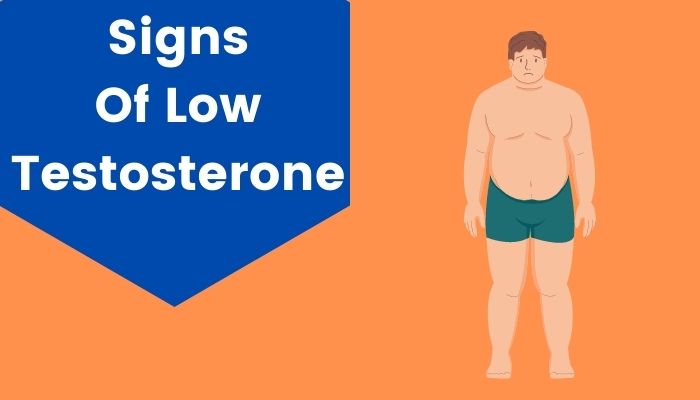In Indonesia, men often shrug off fatigue, weight gain, or low drive as “just getting older.” But these can be early signs of low testosterone (low-T). At Boost Health Clinic, we see men of all ages, from their late 20s to 60s, who discover their testosterone is far below where it should be. Recognizing symptoms early is key to getting tested and treated properly.
1. Persistent Fatigue
If sleep feels unrefreshing and energy disappears by mid-afternoon, low testosterone may be a factor. Hormones regulate metabolism and recovery.
2. Reduced Libido
Testosterone is closely linked to sexual desire. A sharp decline in interest, without another clear cause, is one of the most consistent low-T symptoms.
3. Erectile Difficulties
Testosterone isn’t the only factor in erectile health, but chronically low levels can make erections weaker or less reliable. Read more about options in our erectile dysfunction service and combined treatments like P-Shot vs GAINSWave.
4. Low Mood and Irritability
Hormonal imbalance often affects neurotransmitters, contributing to sadness, anxiety, or shorter temper. Our article on how low testosterone affects anxiety explains this link further.
5. Muscle Loss
Even with training, men may notice shrinking muscle mass or less strength. TRT helps reverse this, as discussed in Will TRT help build muscle?.
6. Increased Body Fat
Weight gain—especially abdominal fat—can worsen hormone imbalance. For men struggling with this cycle, we sometimes combine TRT with weight-loss services.
7. Poor Sleep
Sleep apnea or broken rest can be both a symptom and a cause of low testosterone. Boosting hormone balance often improves sleep quality.
8. Brain Fog
Difficulty focusing, reduced memory, and slowed thinking are common complaints we hear in clinic consultations.
9. Hair Changes
Some men report less facial or body hair growth with declining testosterone.
10. Reduced Fertility
Low sperm count is often linked to testosterone deficiency. We provide sperm tests and fertility-preserving plans that may include Clomid + TRT.
What to Do Next
If you have several of these signs, a simple blood test can confirm whether testosterone is the root cause. Learn how to test your testosterone levels and what treatment involves.
External resources for further reading:

